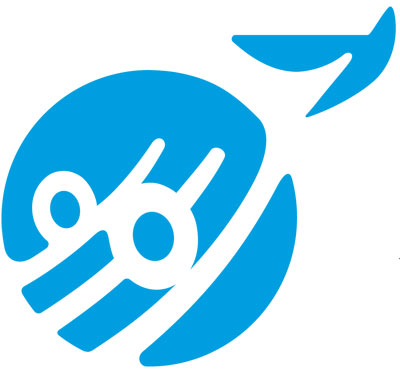Moving towards the adoption of Guiding Principles on Extreme Poverty and Human Rights

“Poverty […] is both a cause and a consequence of human rights violations and an enabling condition for other violations”. The Draft Guiding Principles on Extreme Poverty and Human Rights, due to be adopted by the Human Rights Council in September 2012, highlights the intrinsic link between poverty and human rights and will undoubtedly enrich the current debate on a possible successor for the Millennium Development Goals (MDG).
Following a process started in 1987 when Joseph Wresinski, founder of ATD Fourth World, addressed the United Nations in Geneva. In 2001 the former United Nations Commission on Human rights (now the Human Rights Council) decided that a rights-based approach to the fight against poverty would be a powerful tool in the eradication of extreme poverty. The Council called for the Sub-Commission on the Promotion and Protection of Human Rights to start working on a set of principles and rights that could assist the international community in its fight against poverty. States, UN agencies, funds and programmes were asked to submit their views and after two separate rounds of consultations with civil society organisations, including with people living in extreme poverty faciltated by the International Movement ATD Fourth World, the Special Rapporteur on extreme poverty and human rights, Magdalena Sepúlveda, was asked to continue the work and submit a final draft to the Council on the Draft Guiding Principles (DGPs) for its 21st Session in September 2012.
The DGPs are organised by foundational principles, implementation requirements and specific rights. The foundational principles are established as a set of basic principles that must be applied to all future public policies in the context of the fight against poverty, amongst the most important being “respect for the inherent dignity of those living in poverty”. Amongst these are the principles of equality and non-discrimination before and under the law, as well as the empowerment of people living in poverty and the accountability of policymakers and public officials. The draft focuses on all aspects of poverty, not only on the economic one and provides for the right to take part in cultural life and to enjoy the benefits of scientific progress and its applications as well as for the right to adequate housing and to equal protection before the law, access to justice and effective remedies.
The implementation and monitoring part of the draft emphasizes the need for “States [to] adopt and implement a comprehensive national strategy and plan of action to eliminate poverty, framed in human rights terms.” The DGPs takes this one step further by proposing the creation of an independent national body that would collect the data necessary for an effective implementation of this human rights perspective. Moreover, the DGPs insists that these rights and principles should be upheld not only by States but by non-State actors as well, including business enterprises.
The 2015 deadline assigned to the Millennium Development Goals is fast approaching and these Guiding Principles will be a crucial instrument in the talks about a successor for the MDGs. They have shown the causal link between human rights violations and poverty and will help ensure that in the future, debates on the eradication of poverty are always framed in a human rights perspective.

